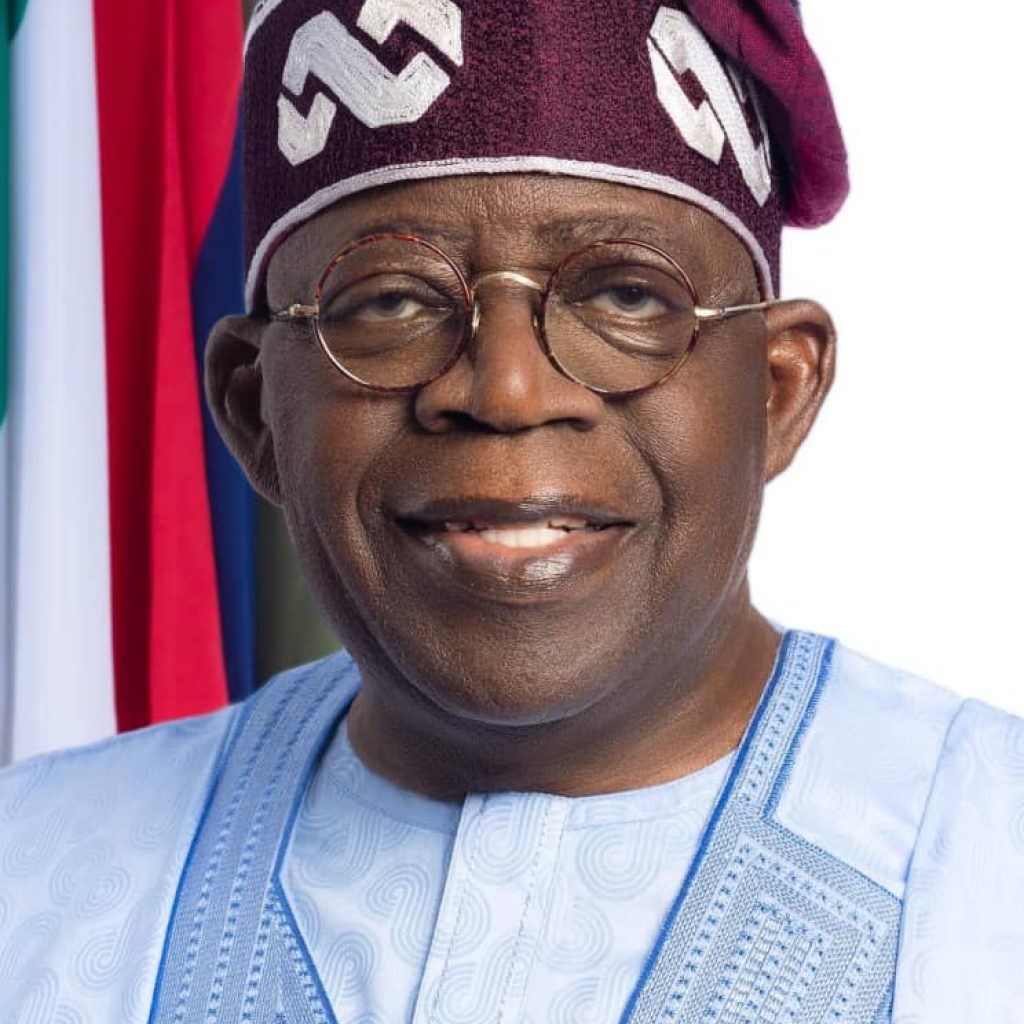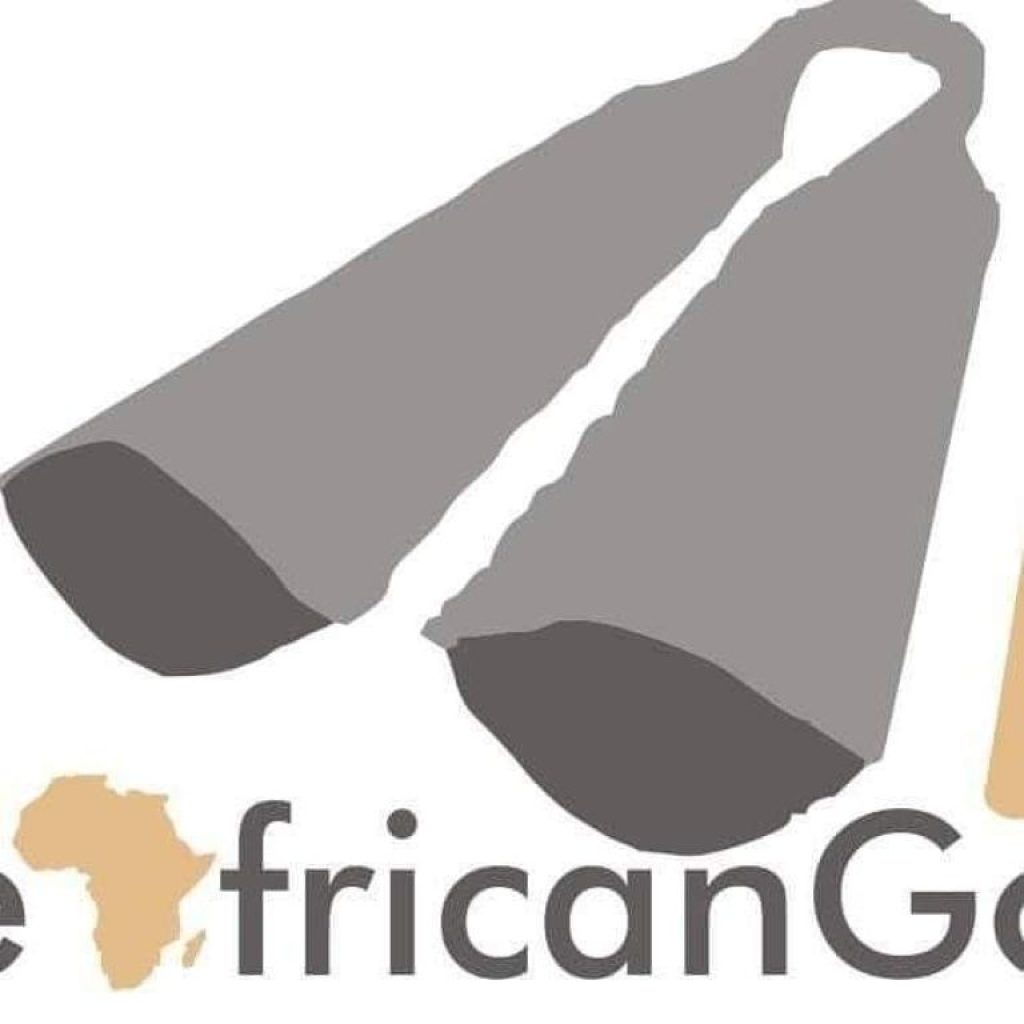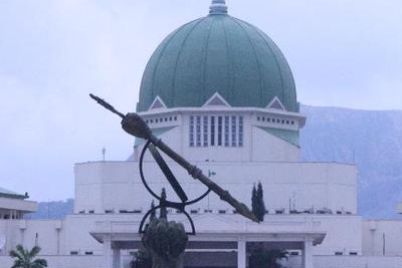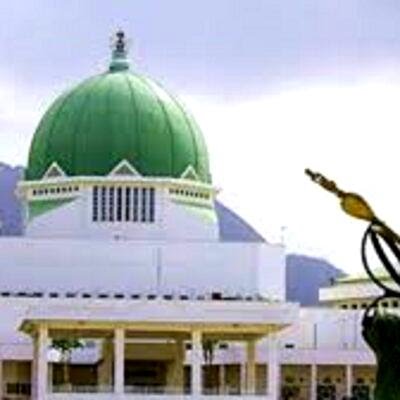
By Frank Meke
President Bola Ahmed Tinubu, in an emotional appeal, recently urged Nigerians to be patient with his administration. The president, who has consistently encouraged citizens to take ownership of the nation’s destiny, showed visible emotion at the progress made in some areas of governance—particularly when commending a few of his appointees who have sparked positive change.
At the inauguration of the 30-kilometre, six-lane segment of the ongoing Lagos–Calabar Coastal Highway, Tinubu praised Works Minister David Umahi and his team for their achievements. He reiterated his administration’s commitment to delivering on the “Renewed Hope” agenda and asked Nigerians to give it time to bear fruit.
However, in the two years since assuming office, the president has remained conspicuously silent on the cultural tourism sector—a silence that signals not only neglect but also disappointment. While he appeared to give the sector a “blank cheque” at the start of his tenure, those charged with steering the cultural tourism economy have squandered the opportunity and failed woefully.
To be clear, I am no admirer of former Kaduna State Governor Nasir El-Rufai. Yet, his recent claim that “urban bandits” now dominate Nigeria’s leadership is disturbingly accurate when applied to our cultural tourism landscape. Indeed, what we face in this industry is a plague of “tourism bandits”—a cabal that has infected the sector with incurable cultural tourism elephantiasis.
Despite repeated calls for transparency, no one in the Ministry of Culture and Tourism has offered a public accounting of how funds have been utilized. While Lagos State claims to have invested ₦8.4 billion in promoting cultural tourism over the past year—and states like Akwa Ibom and Enugu make similar claims—at the federal level, silence reigns. A “chop and clean mouth” culture has taken root, leaving the sector worse off.

We are yet to see any traceable impact from the ₦900 million reportedly released two years ago for critical cultural projects. No official has acknowledged the release of the funds, let alone how they were spent.
The impression, dangerously widespread, is that President Tinubu has not funded the sector—an idea stemming from the visible absence of outcomes and the loud silence from those responsible. This is disheartening given the president’s early recognition of tourism’s potential to drive employment, attract visitors, and increase tax revenues.
Why, then, has such a visionary president entrusted the cultural tourism ministry to someone so clearly out of depth? Hannatu Musa Musawa, in her two years as minister, has failed to make any meaningful impact. From her vague “Destination 2030” mantra to her disregard for private-sector collaboration, she has demonstrated a lack of experience, strategy, and leadership capacity.
The president’s May 29 address, titled “Undeniable Progress,” listed key achievements in areas such as the FCT, immigration, aviation, works, marine economy, and environment. Cultural tourism barely got a mention—reduced to a vague reference to an upcoming “Motherland Festival.” Worse still, that festival is mired in a trademark dispute between the government and a private sector player who originally proposed the idea.
In contrast, Morocco tells a different story. The North African nation welcomed 17.4 million visitors in 2024—a 10% increase over the previous year—and is set to co-host the 2030 FIFA World Cup. UN Tourism has backed Morocco with initiatives like “Tourism Doing Business, Investing in Morocco.” Meanwhile, Nigeria—despite hosting the UN Tourism Africa CAF Conference a record four times—has nothing tangible to show for it.
We should be asking tough questions. What real value have we gained from hosting these costly events? Why is the same ministry lobbying to host yet another jamboree in Abuja, rather than developing concrete policies to grow the sector?
During a visit to Namibia two years ago, I met a visibly frustrated UN Tourism official. He was irked by the Nigerian private sector’s boycott of the UN Tourism conference in Nigeria—an act of protest against what many considered a wasteful spectacle. Sadly, the same farce is being repeated.
Even the much-touted promise by UN Tourism to establish a dedicated university at Nigeria’s National Institute for Hospitality and Tourism has evaporated. The dream was sold, the cheque was cashed, and Nigeria got nothing.
Meanwhile, UN Tourism has helped Morocco attract over \$3.5 billion in foreign direct investment across tourism and related sectors in the last five years. A Greenfield investment of \$2.5 million between 2015 and 2024 further strengthened Morocco’s tourism economy. Nigeria, on the other hand, continues to chase shadows—wasting scarce resources on empty pageantry and self-praise.
We have become a nation that hosts the world with nothing to show—generous to a fault, yet miserable in returns. It is time for President Tinubu to turn his clear vision and political will toward cleansing the rot in our tourism sector. Just as the fuel subsidy cabal was dismantled, the tourism bandits must be denied oxygen.

We want a Nigeria that leads, not one enslaved by mediocrity. A Nigeria where culture and tourism are key drivers of the economy—not mere tools for self-enrichment and propaganda.
If you doubt the president’s concern, read between the lines of his May 29 address. It says it all. The only mention of tourism is a vague promise to host a festival. Two years in, and all we have is still just a promise. Nothing more. Nothing real.


